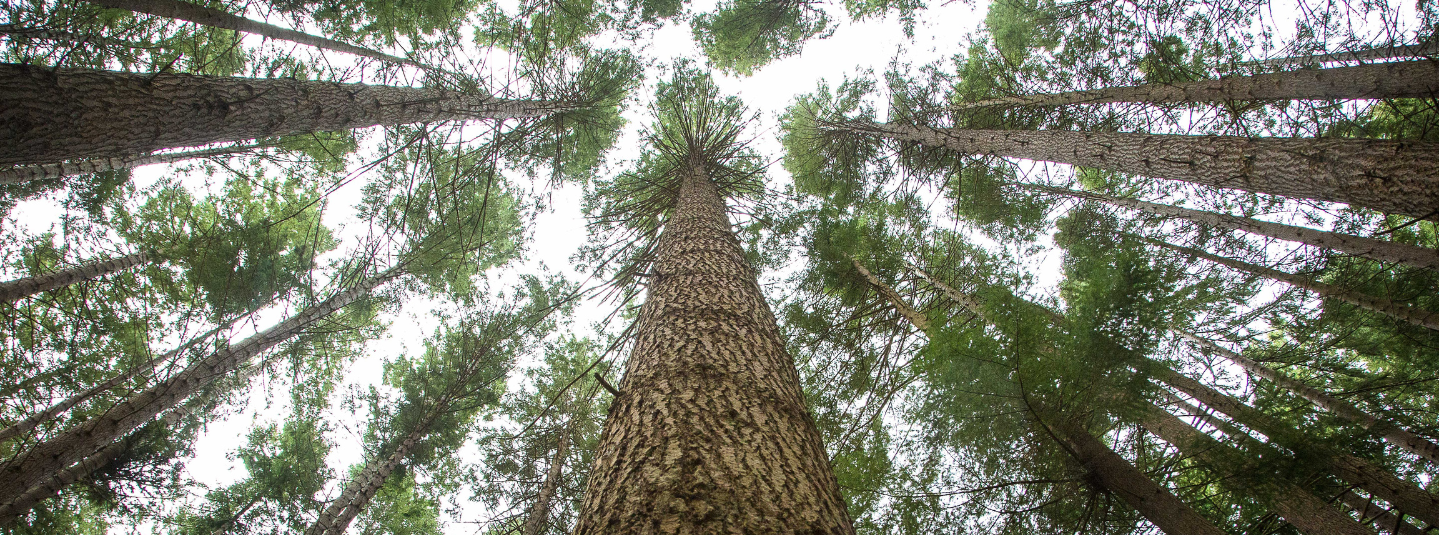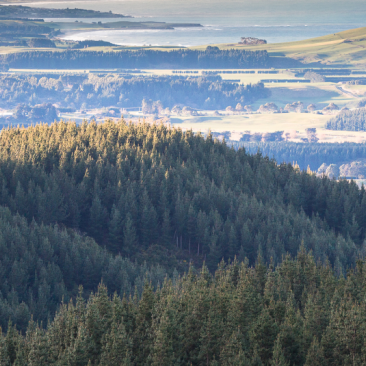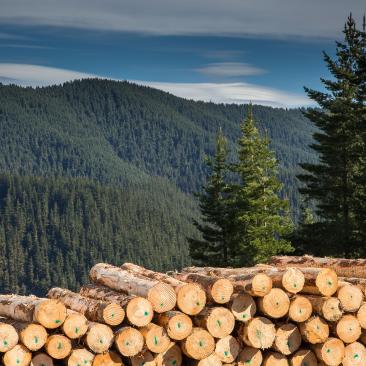
The New Zealand Forest Stewardship Standard significantly raises the bar for sustainable forestry in New Zealand by introducing, among other things, living wage requirements, better protection of waterways, addressing issues related to erosion, and establishing culturally appropriate means of communication with Māori communities affected by forestry operations.
Sally Strang, Environmental Manager of Hancock Natural Resource Group, states, "Over the past two decades, FSC certification has been the catalyst for vast improvements in the standard of forest management in New Zealand, particularly relating to the management of environmental values in our forests and engagement with stakeholders. This has been positive for the industry to ensure we are well placed to meet future challenges. The new Standard will continue to raise the bar and ensure our forest management meets international expectations of responsible forest management.”

Protecting Native Forest and Biodiversity
The NZ FSS is a powerful tool for forest managers to confirm that their forestry operations work harmoniously with New Zealand’s native biodiversity. The standard requires FSC-certified management units to contain significant areas of native forest and high conservation values. This is to ensure that the forest is being managed in a way that preserves or improves biological diversity while sustaining economic viability.
The NZ FSS also requires certified forest managers to identify and protect at least 10% of their certified forested area as native reserve. Many certified forest managers already meet – and exceed - this requirement as their certified areas contain significant swathes of native forest. In those few cases where forest managers cannot achieve the 10% reserve, they must undertake an ‘Equivalent Ecological Effort’, demonstrating their support of other ecosystem restoration initiatives in the area. If the forest manager's operation is spread out across several distinct ecosystems, they must meet the 10% set-aside area in each ecosystem.

Addressing Erosion and Flooding Events
When plantation harvesting does not follow best practices, this can negatively contribute to erosion-driven flooding events in New Zealand’s highly erodable landscapes. This negatively impacts the environment, local communities, forestry organisations, and local governments.
In response, the New Zealand FSS features more robust requirements to prevent forestry operations from causing soil erosion in certified forests. In areas of high erosion susceptibility, forest managers must, for example, undertake pre-harvest assessments to determine areas that need to be assessed for transition options that stabilise the land.

Protecting and Upholding the Rights of Workers
Protecting and upholding the rights of forestry workers and anyone employed by certified forest operations is a vital element of the New Zealand FSS. The standard ensures that employees of FSC-certified operations are entitled to join or form workers' unions, empowering them in their day-to-day activities. It also requires employees - even those employed by contractors - to be paid a living wage as a minimum to ensure they can pay for the necessities of life and participate as active citizens in the community.

Working with and Benefitting Communities
Under the New Zealand FSS, engagement with neighbouring communities and local stakeholders is essential for certified forest managers. Forest managers must prioritise local employment, training, and business engagement wherever possible, and they are required to consult neighbouring communities on their terms and in a way they are accustomed to. This ensures that strong relationships are established between forestry operations and affected communities.
The New Zealand FSS also requires forest managers to demonstrate their plans to approach and engage local stakeholders, particularly the Māori, establishing culturally appropriate means of dialogue and communications.
Louisa Jones, Assistant General Secretary at NZ First Union and FSC NZ SDG member says,
"A living wage is designed to ensure that people have enough of an income to live and participate in society with dignity. No worker in New Zealand should be earning anything less than a living wage. Forestry work is, by its nature, isolated, and as such, the facilitated access that working people will have to unions will be key to breaking down that barrier and giving people access to collective representation. New Zealand First Union is delighted to have both living wages and union access included in the New Zealand FSS."